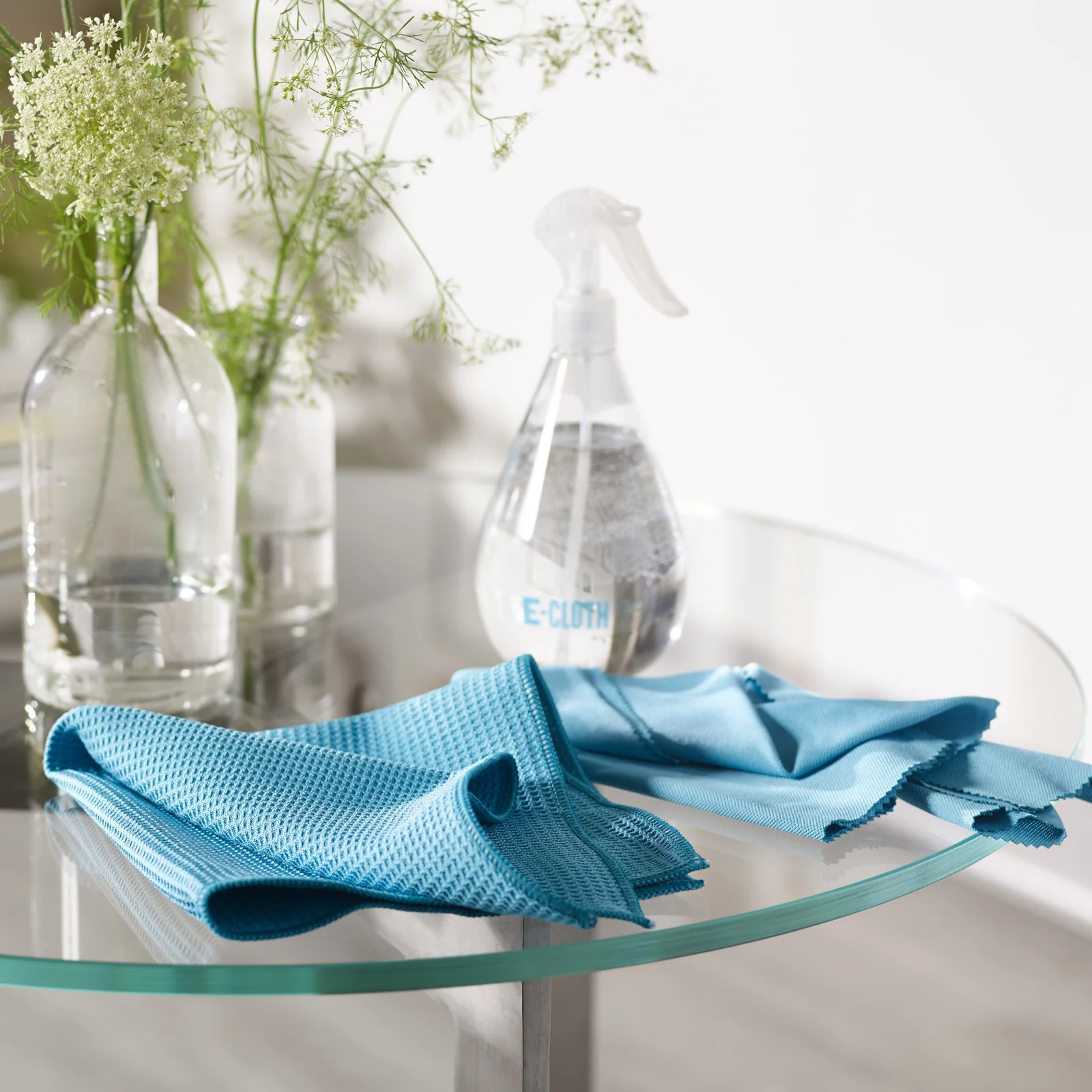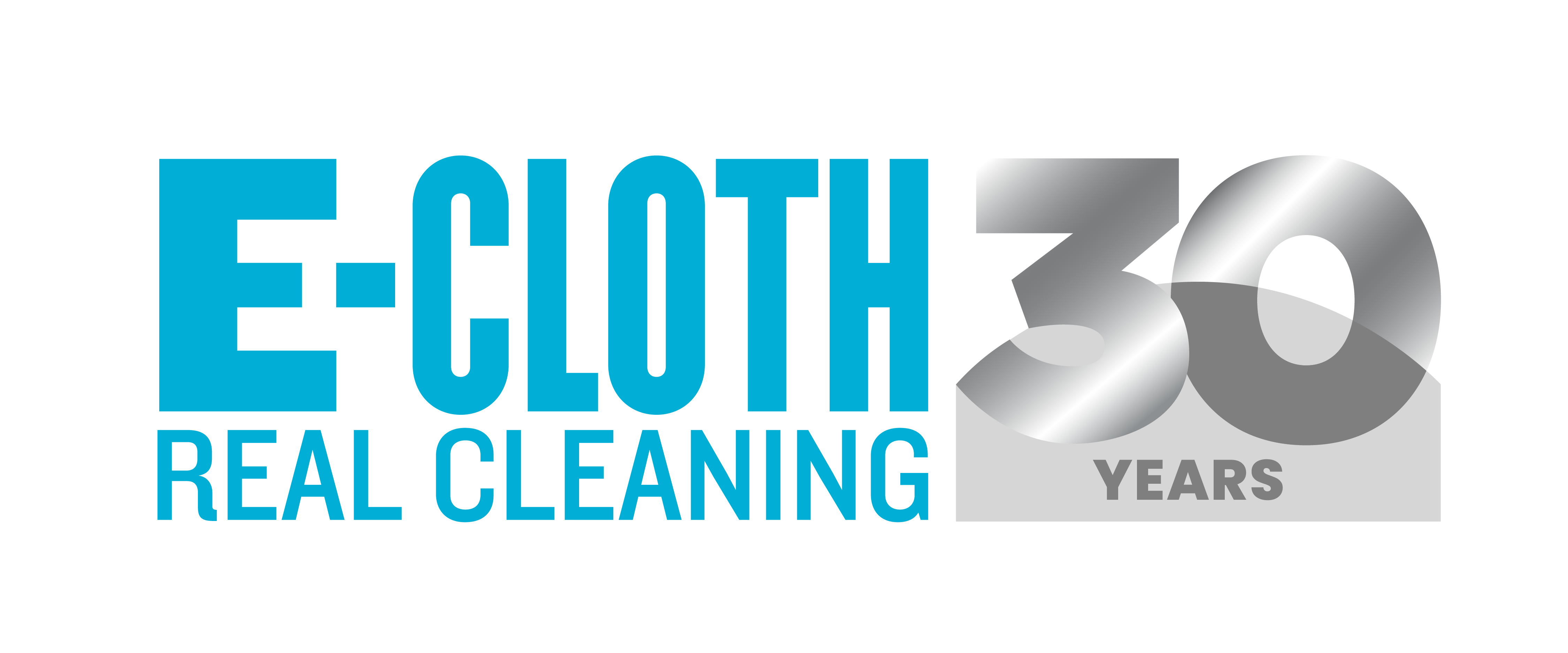Table of content:
How Often You Should Clean Your Shoes
Consequences of Skipping Shoes Cleaning
DIY Methods to Clean Your Shoes
Keeping your shoes clean isn’t just about appearances—it’s essential for maintaining their comfort, longevity, and hygiene. How often you should clean your shoes depends on how frequently you wear them, the environments you walk through, and the materials they’re made from. Regular cleaning helps prevent odors, stains, and wear, while also protecting your investment and keeping your footwear looking its best. By understanding your shoe habits and following a consistent cleaning routine, you can ensure your shoes stay fresh, last longer, and make a positive impression wherever you go.

A Clean You Can See
Our high-performance microfiber products simplify cleaning, making it quick, easy, and effective, so you can enjoy visible results without the fuss. No streaks, just results.
How Often You Should Clean Your Shoes
Understanding Shoe Usage
- Frequency of wear: Shoes that are in daily rotation, especially those used for outdoor activities, tend to accumulate dirt, sweat, and debris faster. The more frequently a pair is worn, the more often they should be cleaned.
- Environment: Urban settings, workplaces, or areas with high foot traffic contribute to quicker soil buildup. Dust, mud, and grime from rainy or winter conditions require more frequent attention.
- Shoe Material: Different shoes (leather, canvas, mesh, etc.) respond differently to cleaning. For example, breathable fabrics may need spot-cleaning more frequently, while rigorously cared-for leather shoes might only need a thorough cleaning occasionally.
General Frequency Recommendations
- Daily Footwear: If you wear a pair of shoes every day for work or errands, aim for a light cleaning, like a brushing or wiping down, every week. This helps prevent buildup that can lead to odors and damage.
- Athletic/Sports Shoes: These are prone to sweat and odor after workouts. It’s a smart move to clean them or perform a quick refresh at least once a week, with a deeper clean after periods of heavy exercise.
- Less-Frequently Worn Shoes: For pairs that remain in rotation less often, a monthly cleaning might suffice. Even if you only wear them occasionally, dust or environmental debris can accumulate over time.
- Special Conditions: In scenarios like heavy rain, muddy events, or after outdoor adventures, consider cleaning your shoes a couple of times a week. Quick maintenance helps prevent stains from setting in.
Why This Frequency?
- Material Care: Regular cleaning extends the life of your shoes by removing abrasive particles. Dirt and grit can wear down fabric and materials over time, so a consistent routine helps maintain them.
- Prevention of Odors: Frequent cleaning minimizes the buildup of sweat and bacteria-friendly environments (without making efficacy claims), keeping your shoes smelling fresher and reducing the need for intensive treatment later.
- Overall Maintenance: A regular cleaning schedule means you catch minor issues—like scuffs or stains—early, which can then be addressed before they become more complicated to remove.
Streak-Free Wherever You Need It
E-Cloth is committed to delivering a clean you can see—effortlessly erasing messes with just water for a spotless shine, free of streaks and added chemicals.

Consequences of Skipping Shoes Cleaning
- Odor Overload: Shoes are like little sweat factories for your feet. Skip cleaning, and you’re basically inviting a stinky sock convention. Dirt, sweat, and whatever you stepped in (don’t ask) build up, leading to persistent odors that even air fresheners can’t mask.
- Shorter Shoe Lifespan: Dirt and grime aren’t just ugly—they’re abrasive. Over time, they wear down the fabric, leather, or mesh, causing cracks, fading, and fraying. If you want your shoes to last, regular cleaning is non-negotiable.
- Stains That Settle In: The longer you let mud, salt, or mystery stains sit, the harder they are to remove. Some stains can even become permanent, especially on lighter materials. Think of it like letting spaghetti sauce dry on your favorite white shirt—never a good idea.
- Unwanted Guests (a.k.a. Bacteria and Fungi): Shoes are a cozy home for bacteria and fungi, especially when they’re damp and dirty. This can lead to things like athlete’s foot or just plain funky feet. Regular cleaning helps wipe away these unwelcome squatters.
- Worn-Out Insoles and Interiors: Dirt and moisture can break down the inside of your shoes, making insoles lose their shape and support. That means less comfort and more aches for your feet.
- Bad First Impressions: Like it or not, people notice shoes. Dirty kicks can send the wrong message, whether you’re at work, on a date, or just running errands. Clean shoes say you care—even if you’re just faking it till you make it.
- Tracking Mess Indoors: Skipping shoe cleaning means you’re bringing the outside in. Dirt, pollen, and who-knows-what-else hitch a ride on your soles, making your floors dirtier and your cleaning routine harder.
DIY Methods to Clean Your Shoes
.svg)
Baking Soda and White Vinegar
Mix equal parts baking soda and white vinegar to form a paste. Apply the paste to your shoes using a soft brush or cloth, gently scrubbing any stains or dirt. Let it sit for a few minutes, then wipe clean with a damp cloth. This natural method helps remove grime and deodorizes your shoes.
.svg)
Toothpaste and Soft Brush
Apply a small amount of toothpaste to a soft brush. Gently scrub the shoes in circular motions, focusing on stained or dirty areas. Wipe clean with a damp cloth to reveal refreshed, brighter shoes.
.svg)
Lemon Juice and Salt Scrub
Mix equal parts lemon juice and salt to form a paste. Apply the mixture to the shoes using a soft cloth or brush, gently scrubbing stained or dirty areas. Let it sit for a few minutes, then wipe clean with a damp cloth. This natural scrub helps remove stains and brightens shoes.
.svg)
Micellar Water and Cotton Pad
Pour micellar water onto a cotton pad and gently wipe the surface of your shoes. The micellar water lifts dirt and grime without harsh scrubbing, leaving your shoes clean and refreshed. Suitable for most materials and quick for spot cleaning.
.svg)
Limited Deep Cleaning
Baking soda and white vinegar may not penetrate deeply enough to remove embedded dirt, stains, or odors from shoes, leading to limited cleaning results. This DIY method is often ineffective for thorough or deep cleaning needs.
.svg)
Residue Build-Up Risk
Using toothpaste and a soft brush can leave residue on shoes if not rinsed thoroughly. This residue may attract dirt, cause discoloration, or create a sticky surface, reducing the effectiveness and appearance of your cleaned shoes.
.svg)
Material Damage Potential
Lemon juice is acidic and can weaken or discolor shoe materials, while salt is abrasive and may scratch or damage delicate surfaces, leading to potential fading, roughness, or deterioration of the shoe’s finish.
.svg)
Ineffective Stain Removal
Micellar water and a cotton pad may not effectively lift or break down tough stains on shoes, leading to incomplete cleaning and visible residue, especially on deeply embedded or stubborn marks.
Ready for an Easier Way to Clean?
Skip the mixing, spraying, and scrubbing. With E-Cloth, you get a streak-free shine using just water—no added chemicals, no hassle. Make every window sparkle the simple way.
Explore other Articles
Headphones
Learn how often to clean your headphones for optimal sound and hygiene. Simple tips to keep them fresh and lasting longer.
Bookshelves
Discover the ideal frequency to clean your bookshelves for a dust-free, organized, and fresh home library.
Jeans
Discover the ideal frequency to clean your jeans for lasting style, comfort, and fabric care. Keep them fresh and durable!
Range hood filter
Learn how often to clean your range hood filter for optimal kitchen air quality and appliance efficiency. Keep it fresh and safe!
Washing machine
Learn how often to clean your washing machine for optimal performance and freshness. Keep your laundry fresh and your machine efficient!
Garage floors
Discover the ideal frequency for cleaning your garage floors to keep them spotless and well-maintained year-round.
Experience Real Cleaning
A Clean You Can See
Experience Real Cleaning


